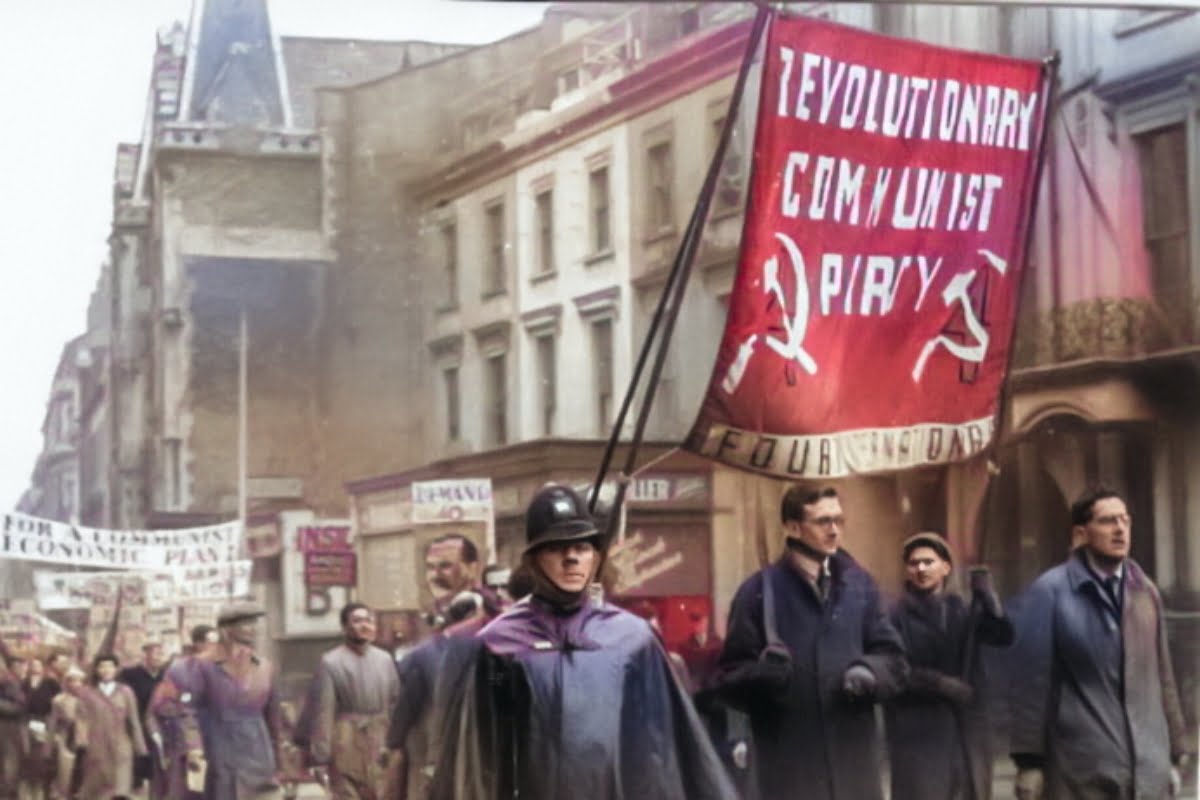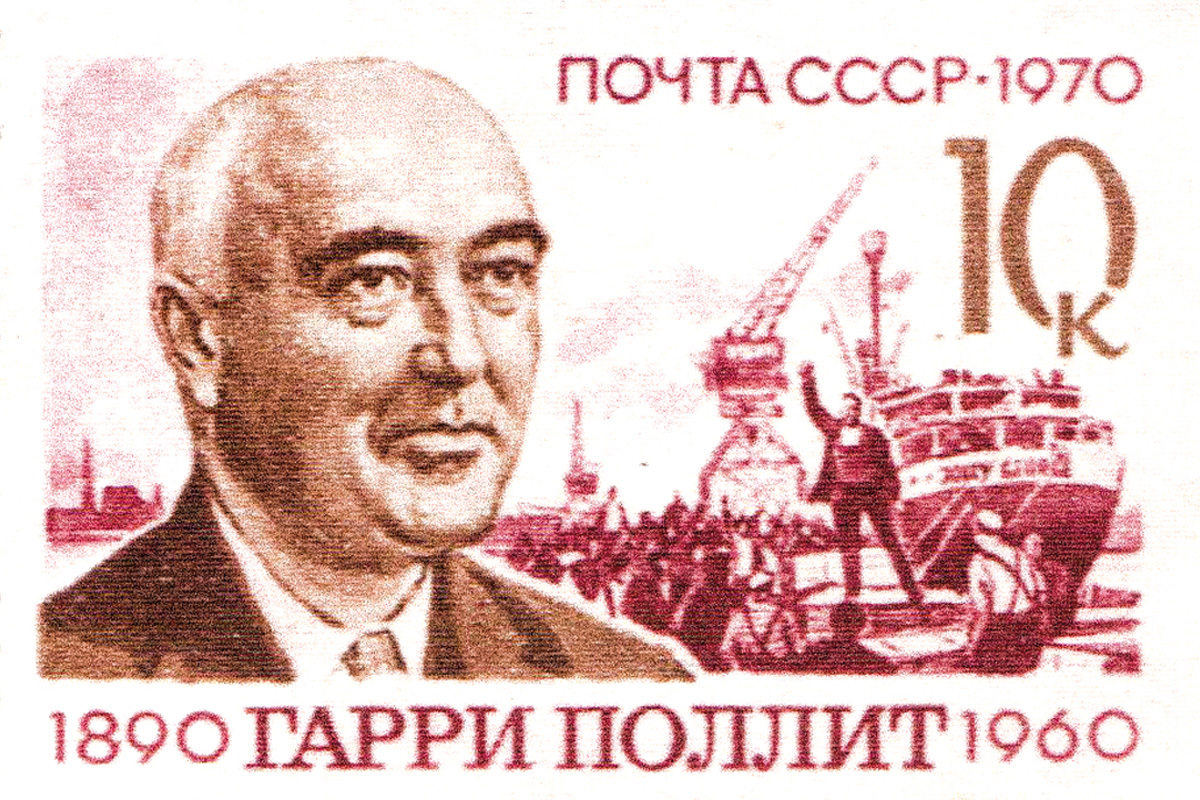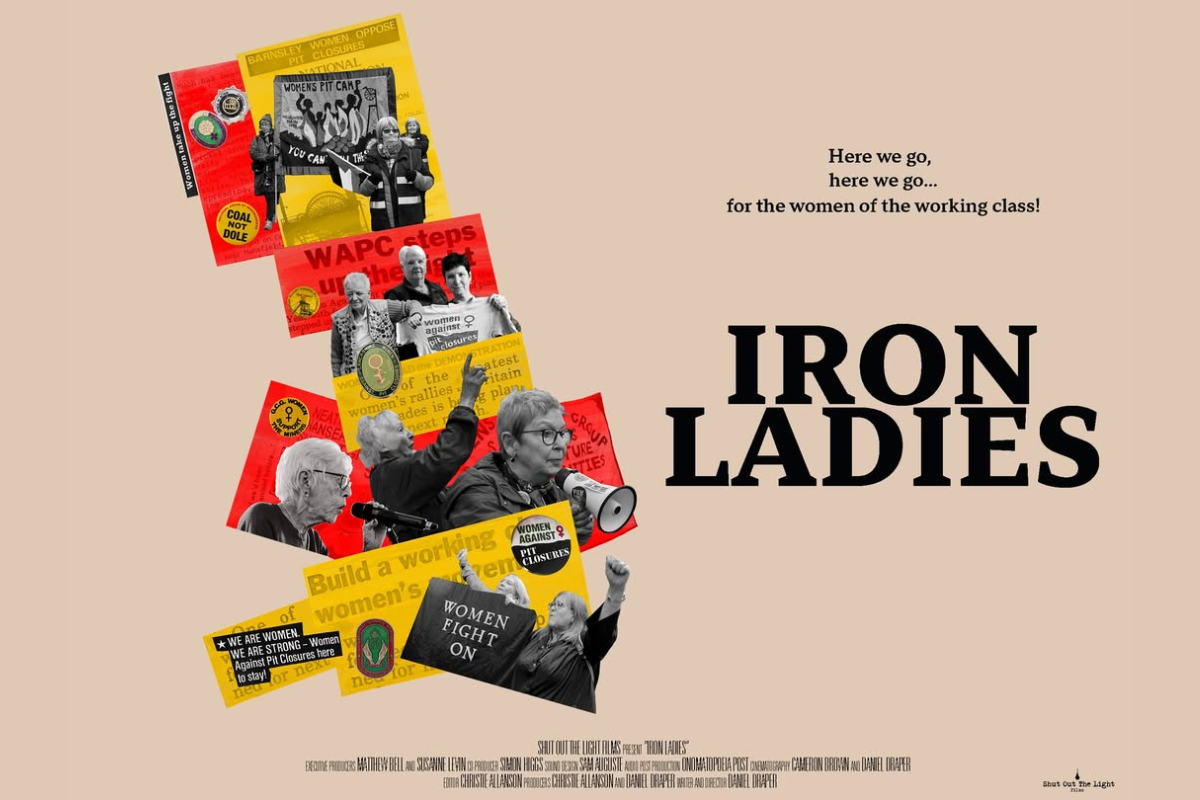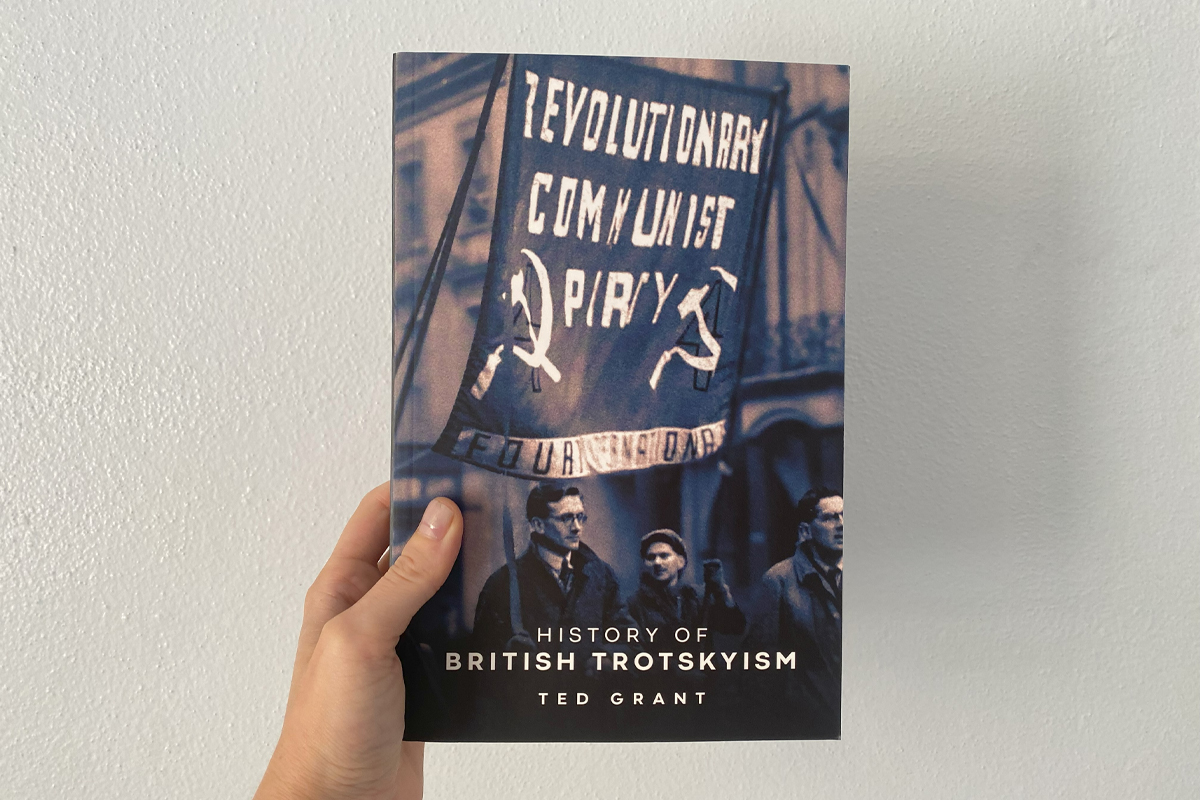On 11-12 March 1944, the Revolutionary Communist Party (RCP) was founded amid an unofficial strike of 100,000 Welsh miners that swept the coalfields.
In the seven years leading up to the RCP’s founding congress, Ted Grant and his comrades, organised in the Workers’ International League (WIL), had transformed themselves from a tiny handful into a fighting, Bolshevik organisation of some five hundred dedicated members.
It was a time of world war, with huge events unfolding internationally, and growing discontent amongst workers back home.
The official Communist Party at this time, dubbed ‘His Majesty’s Communist Party’, was supporting the Churchill government and was opposed to all strikes. Everything, including the class struggle, should be subordinated to Churchill’s war effort, they stated. They therefore engaged in strike-breaking.
Ted and the other comrades wrested the flag of communism from the strikebreaking Stalinists, and made huge steps in carrying the traditions of genuine Leninism into the working-class movement.
New International
By the mid-to-late 1930s, revolutions in Germany, Spain, and China (to name but a few) had been crushed, due to the mistakes and betrayals of the Stalinist usurpers at the head of the Communist International.
Seeing the complete bankruptcy of the Stalinist Comintern – which had failed to mobilise the German workers to prevent Hitler coming to power – Leon Trotsky fought to regroup and rebuild the forces of genuine Marxism.
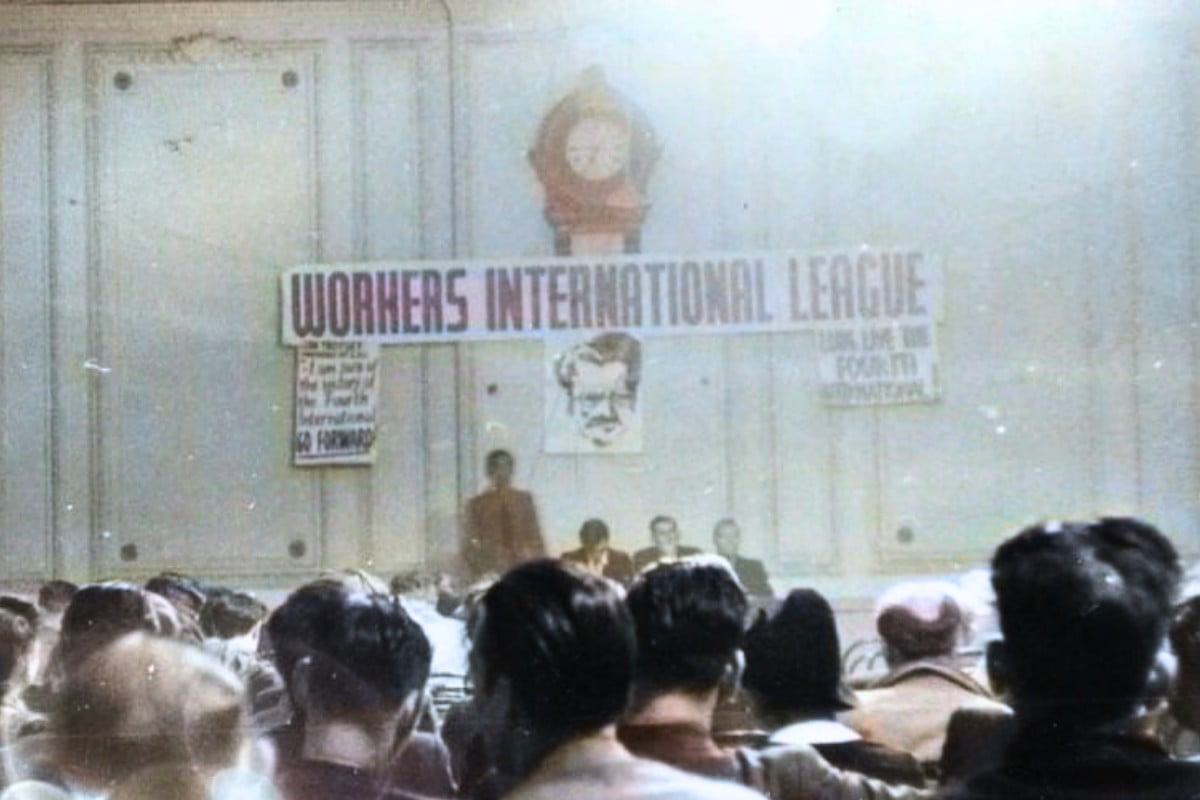
Trotsky and his supporters took the name of ‘Bolshevik-Leninists’. From 1933-38, they campaigned to found a new International, the Fourth International.
Until the WIL was formed in 1937, the Bolshevik-Leninists in Britain were scattered, divided, and isolated from the workers’ movement, trapped in a blind alley.
The WIL took a new path, and boldly turned outwards towards the working class, especially the youth. They quickly broke new ground, setting themselves the task of establishing a single, serious Leninist organisation.
By 1942, they had recruited 300 members, mainly young workers. In fact, about 90% were industrial workers, engineers, miners, transport workers, etc. They had changed the name of their paper from Youth for Socialism to the Socialist Appeal, aimed at the working class.
They were denounced by His Majesty’s Communist Party as “Hitler Agents” and “Trotsky Fascists”. But they hit back at these slanders, exposing the pernicious role of the Stalinists.
Preparing for power
In that year, they produced a perspectives document entitled ‘Preparing For Power’. This set the tone for the organisation. They were not simply a propaganda group, but a serious force that was preparing for the future British revolution.
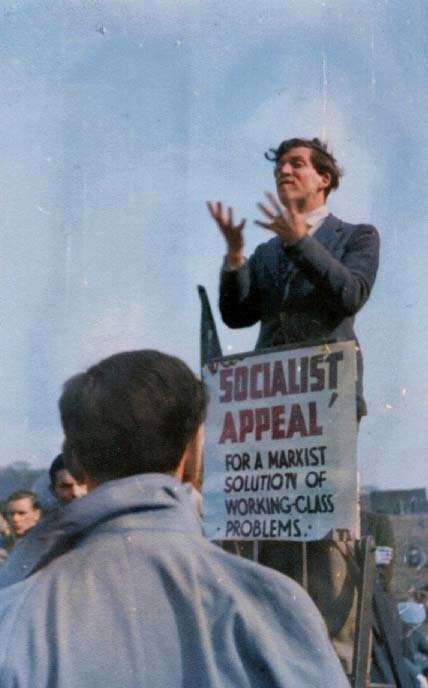
”Revolutionary audacity can achieve everything,” stated the document. “The organisation must consciously pose itself and see itself as the decisive factor in the situation. There will be no lack of possibilities for transforming ourselves from a tiny sect into a mass organisation on the wave of the revolution.”
As Trotsky once said, war and revolution are the ultimate test of any organisation’s programme and policy.
The workers had an honest desire to fight fascism, springing from their own class interests. The Marxists had to connect with these concerns.
They adopted a revolutionary policy on the war, and conducted revolutionary work in the armed forces, registering successes in the Eighth Army in North Africa.
The war was an imperialist war. And there could be no support for the Churchill government.
The WIL was also against pacifism. They argued that only by the working class taking power could the war be transformed into a revolutionary war against fascism.
And while ‘His Majesty’s Communist Party’ zealously upheld Churchill’s ban on strike action, the WIL played a leading role in a number of industrial disputes.
Riding on a rising tide of class struggle, taking place despite the war-time restrictions, the WIL ballooned in size – on the basis of a bold and energetic approach, and by putting forward an open communist programme.
In effect, the comrades in Britain had broken out of their pre-history.
Founding conference of the RCP
All this fruitful work culminated in the founding of a new party – the Revolutionary Communist Party – in March 1944, with Ted Grant as its leading theoretician.
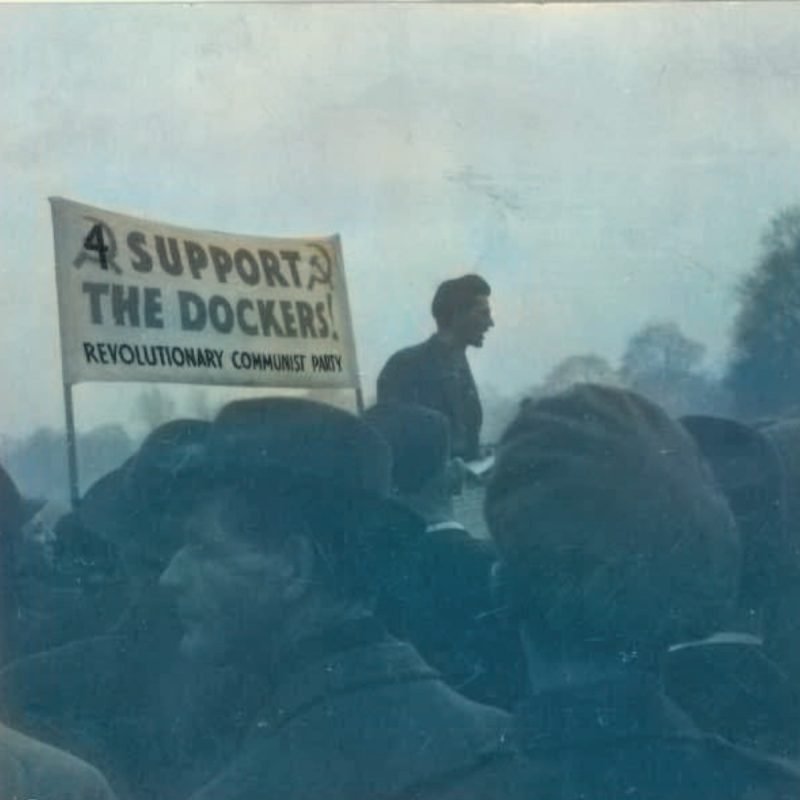
There was a debate over the actual name. Eventually, the name RCP was chosen to directly challenge His Majesty’s Communist Party, which had succumbed to Stalinism and was incapable of playing a revolutionary role.
The party’s strike-breaking role revealed this. Similarly, in 1945, the official Communist Party campaigned not for a Labour government, but for a ‘National Unity’ government, including the Tories!
Though still a small organisation, the RCP was permeated with Leninist determination, revolutionary optimism, and an understanding that the key to world history lay in its hands.
“When the war began we were an entirely insignificant sect. No-one noticed or bothered about us. We were still in the stage of complete isolation from the masses. That has completely altered. Today we are a tendency, a significant tendency in the life of the working class.
“The attacks of the Stalinists, the Labour leaders and the bourgeoisie reflect the fact that our small forces have succeeded, to a certain extent, in orienting themselves correctly and integrating themselves into the movement of the working class…
“Wonderful possibilities open up in front of us…Whatever its fate may be, it is certain that we can, we must, we will play our part, and stamp our tendency as an influence, as a serious factor in the situation, as an organisation that will play its part in the revolution.”
To learn more about the history of the original Revolutionary Communist Party, we recommend Ted Grant’s History of British Trotskyism and Alan Woods’ Ted Grant: The Permanent Revolutionary, both available from Wellred Books.

